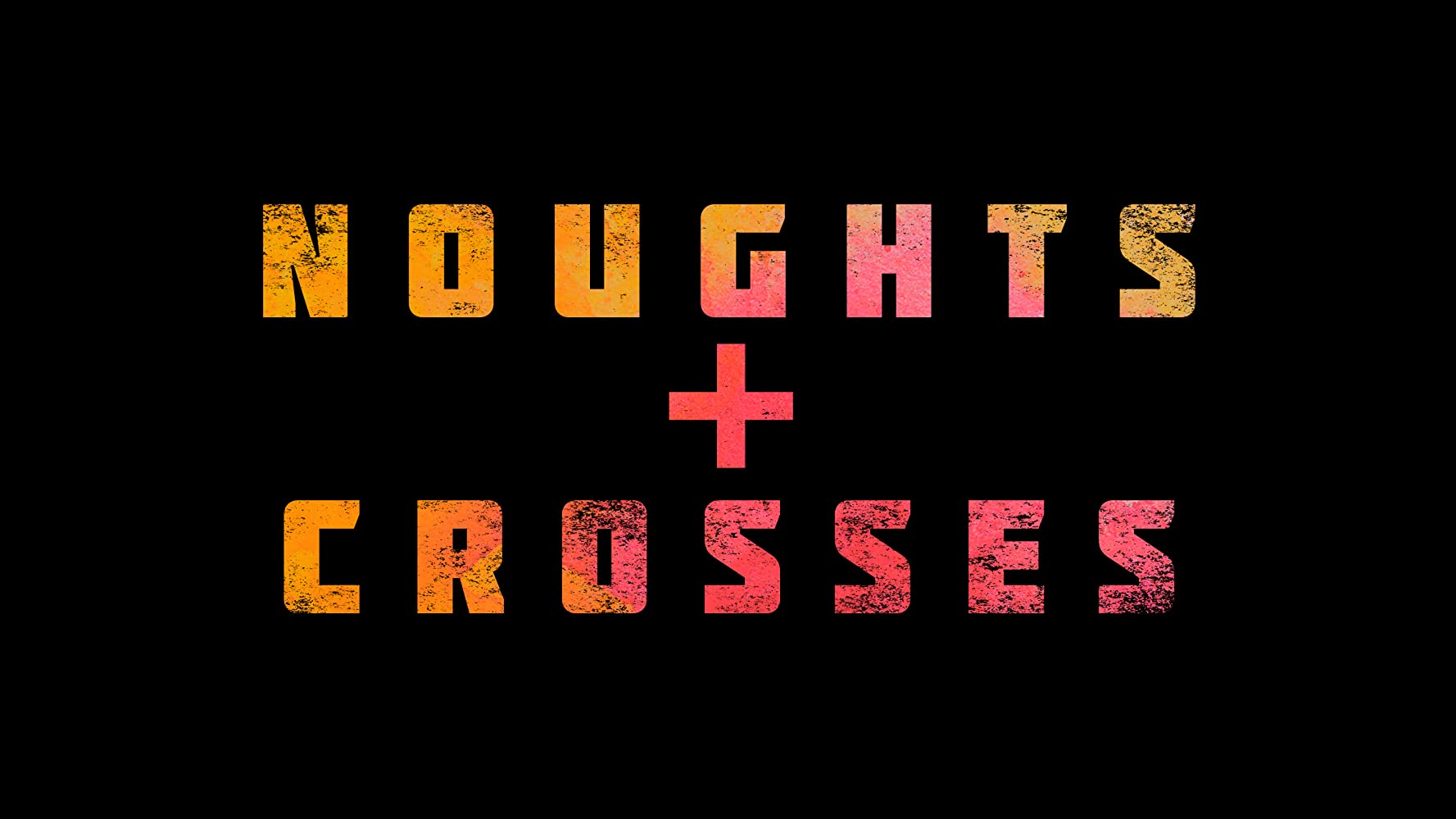Not only was this series an incredible body of social commentary, but it was also a riveting and entertaining series from the BBC. It was bold of the BBC to broadcast this in the height of many racial austerities. The beauty of this is series is that it admires and appreciates natural black beauty, African heritage, fashion, music and culture. We see characters with their natural hair and traditional African fashion, without having to confine themselves to westernised ideals of beauty.
In this series, ‘dystopia’ is considered to be the superiority of the black race, a society in which White people (Noughts) are subject to extreme racial prejudice at the hands of the more powerful black race (Crosses). The show highlights the fact that those who control our governments, thereby controlling our armed forces, and media have complete control over the racial climate of society. One powerful person’s racial prejudices have a ripple effect on every social institution they are affiliated with.
Every single struggle or problem that people of colour encounter has been flipped and reversed: from the extremity of police brutality to the subtly of only having ‘skin’ coloured plasters in one shade. The imagery of a ‘black’ plaster on white skin seems absurd, it this absurdity that highlights the real-world consequences of this “trivial” and “pointless” issue. Whilst Tesco have now started to sell multiple shades and we can see a progression, yet why has taken so long for something so simple to be addressed.
There are several references to the world today embedded into the series, in the Prime minister’s speech he states, “Together we will build a greater Albion.” Undoubtedly a reference to Trump’s ‘Make America Great Again.’ The power of language, from our world leaders, has detrimental effects, which is evidenced clearly in the narrative of this series. In addition to this Stormzy’s Character, a newspaper editor names Kolawale states ‘100 years, 36,500 papers dominating the homes and the minds of a nation.’ Here we see Kolawale clearly paying reference to Media Mogul Rupert Murdoch who owns four national newspapers and is currently CEO of Fox News. Murdoch’s power over every media outlet and it’s content is undeniable, and his reach inescapable.

This series leads us to wonder, as the ‘dominant race’, do the white people that hold racist views need to be placed in a position where they can see the struggles of their own race, in order to sympathise and consider the absurdity of the belief that one race is inferior to the rest.
Within this ‘race reversal’ white women being considered ‘exotic’ and ‘wild’ in bed, Callum has his name mispronounced, and ‘nought’ neighbourhoods are considered to be criminal and dangerous, these are all assumptions that black and ethnic minorities must deal with on a daily basis. Including these scenarios allows people to reflect on their behaviour and cultural ignorance, encouraging them to be more mindful and accepting of our differences.
If you haven’t already I encourage you to watch this six-part series, which is available to stream on BBC iPlayer and read the book series by Malorie Blackman.
Image Credit: IMDb

